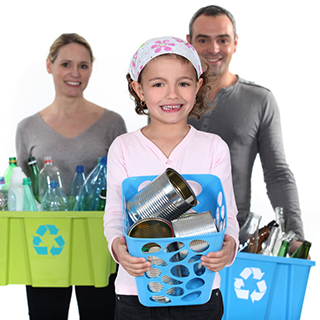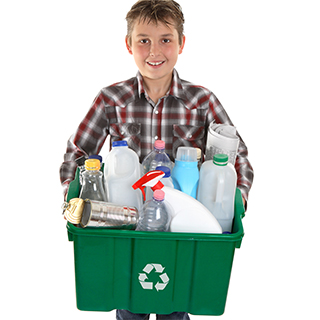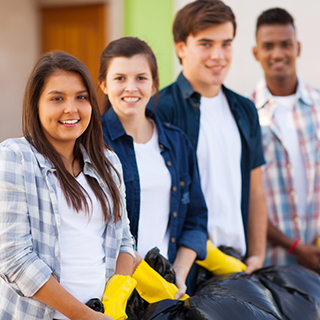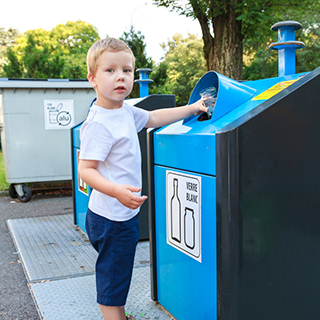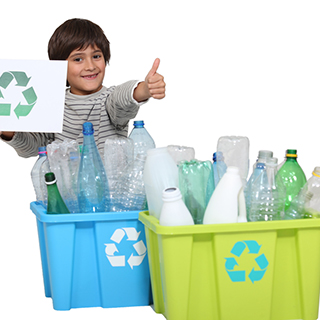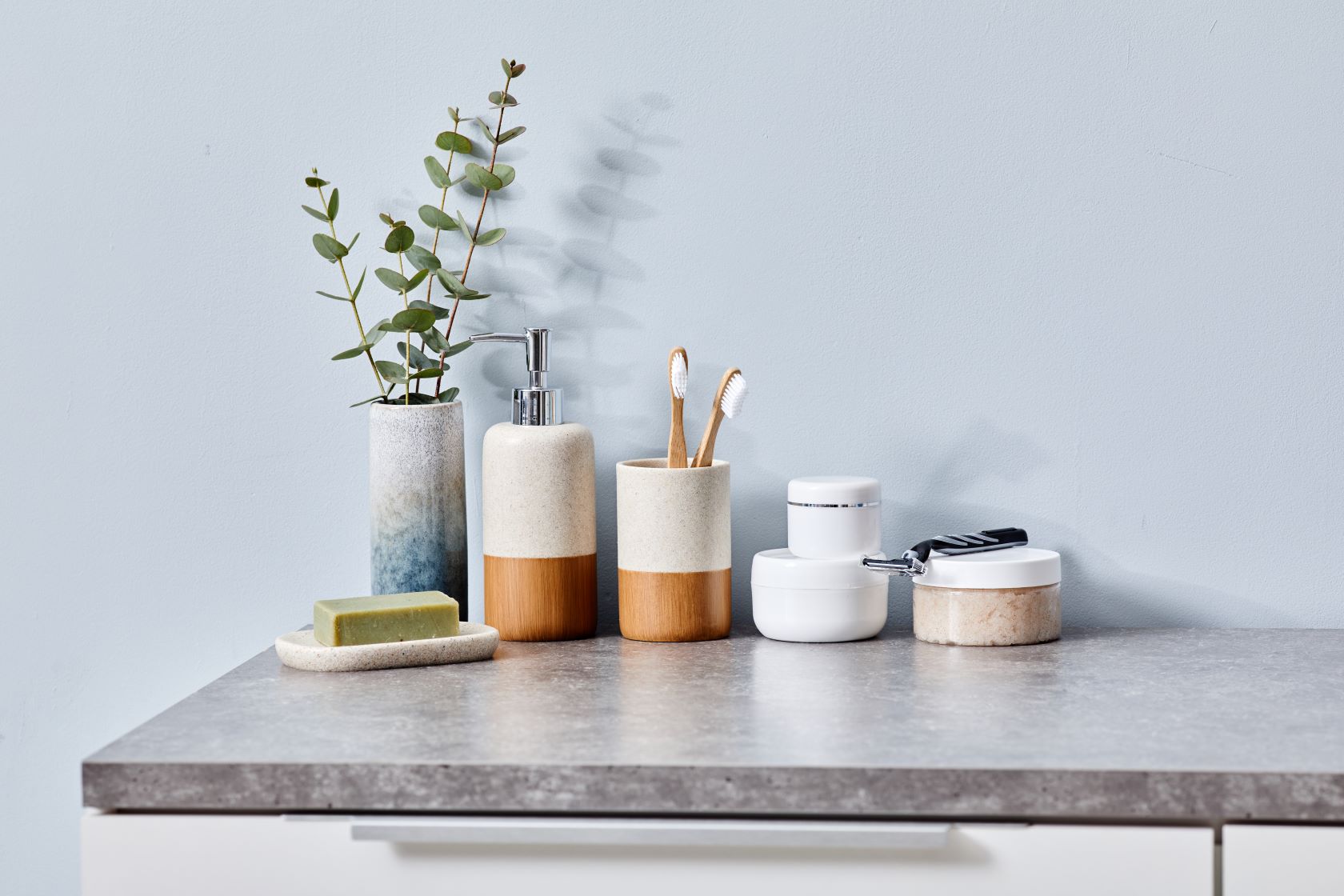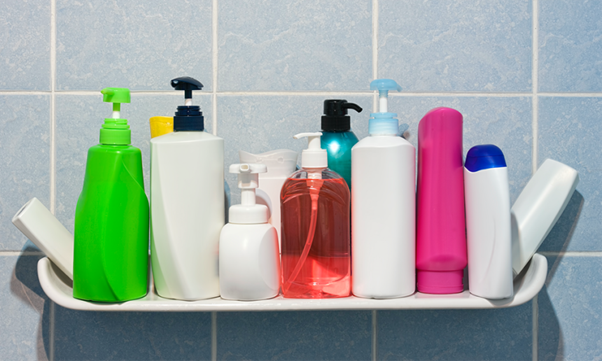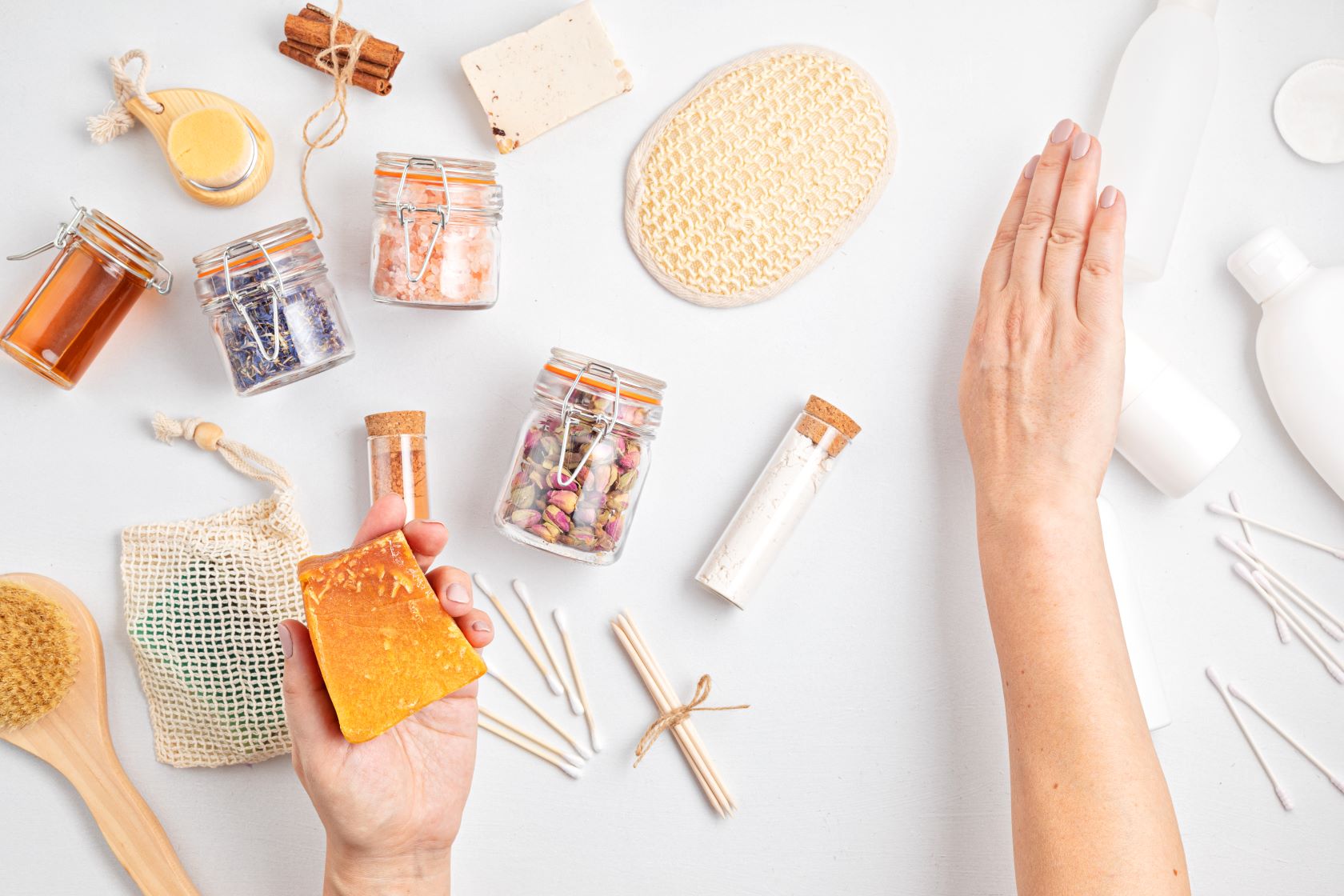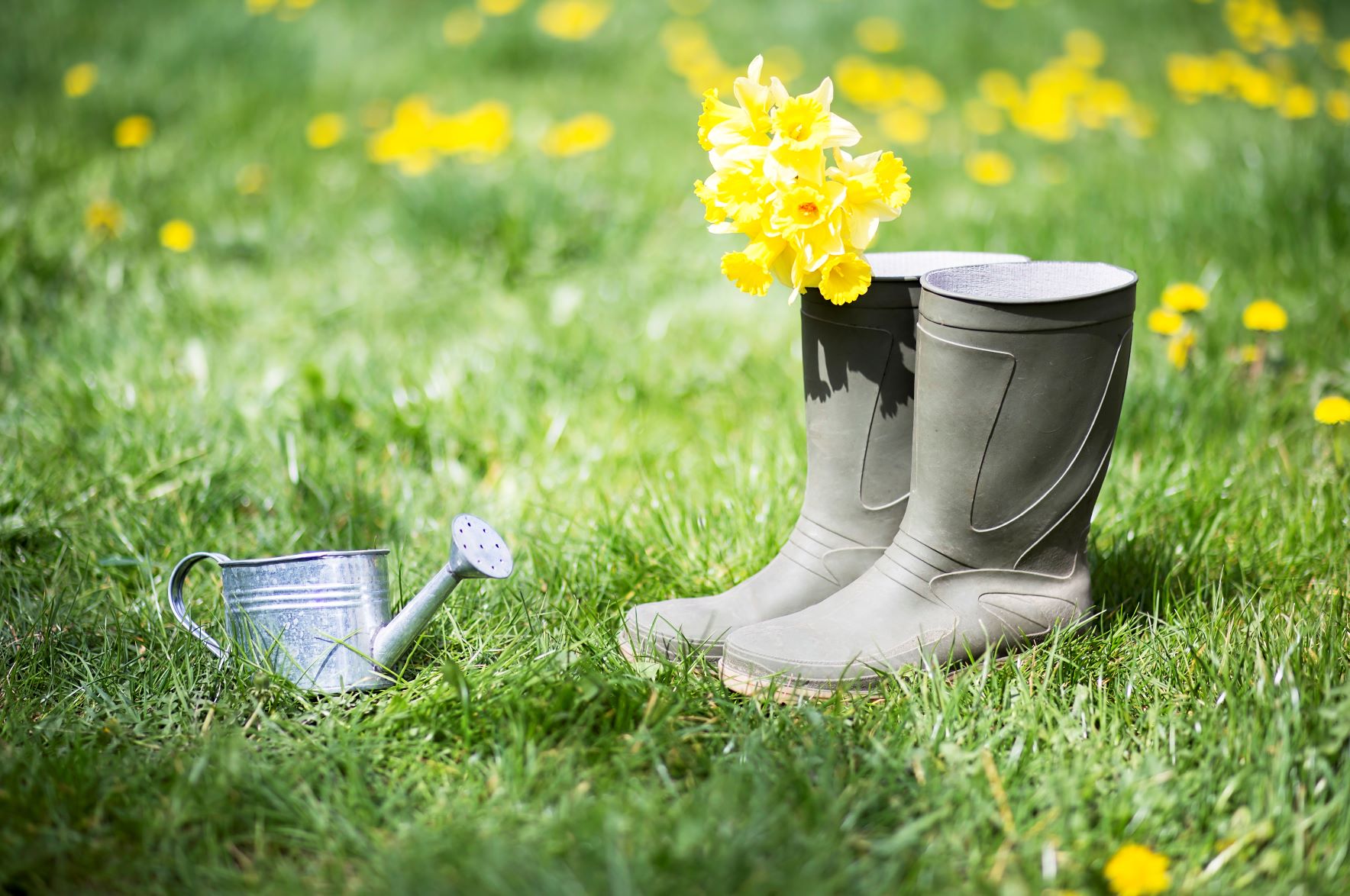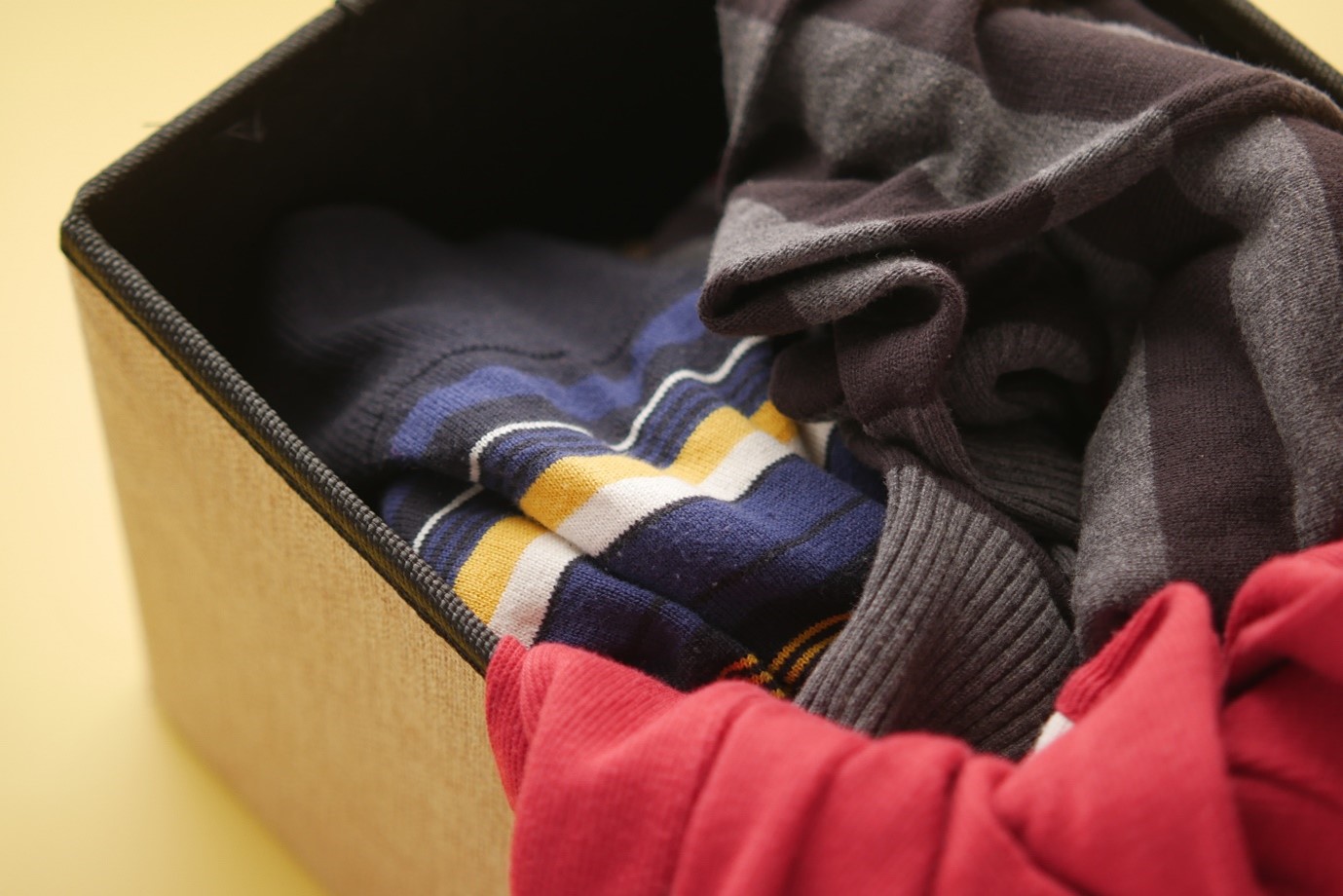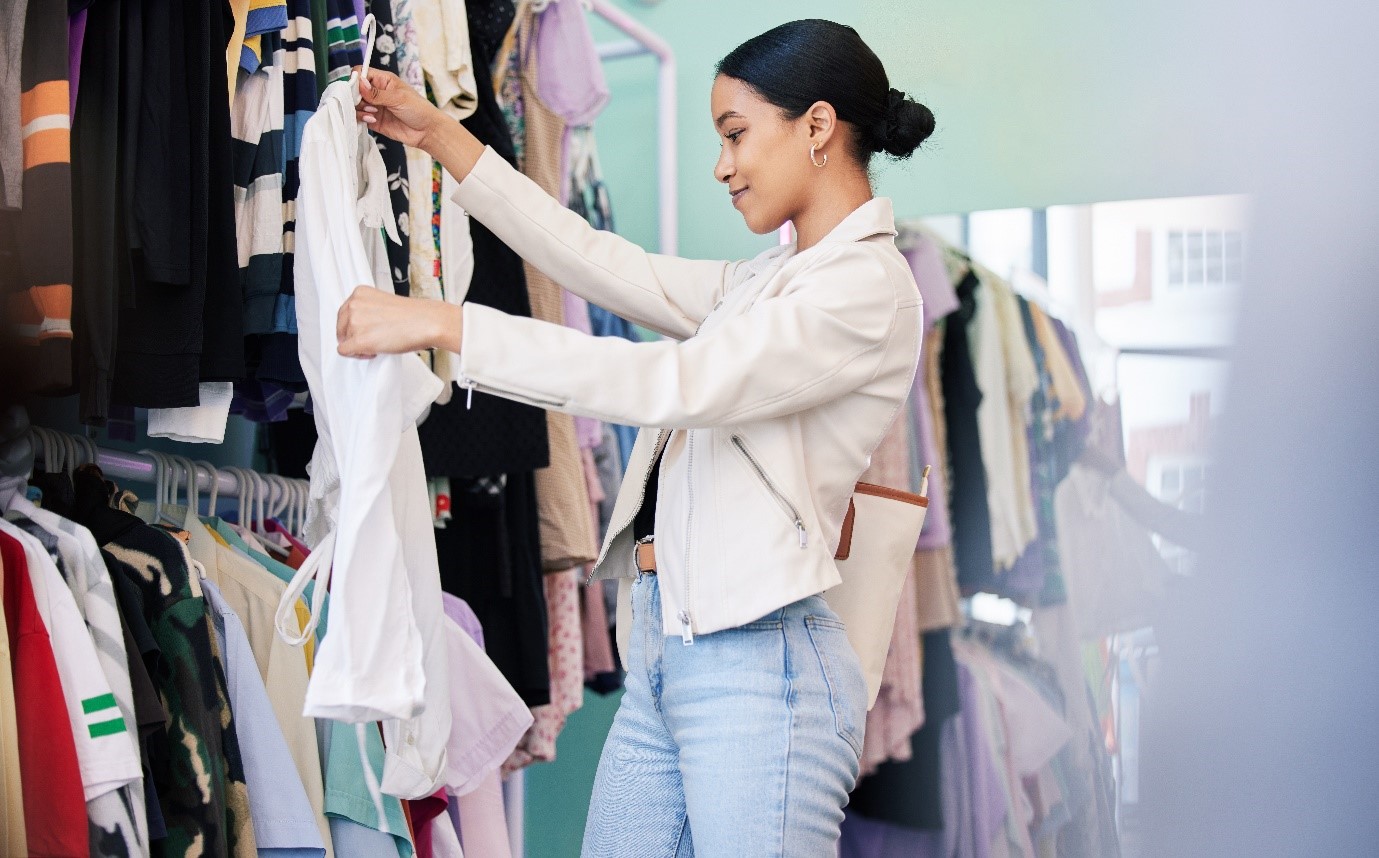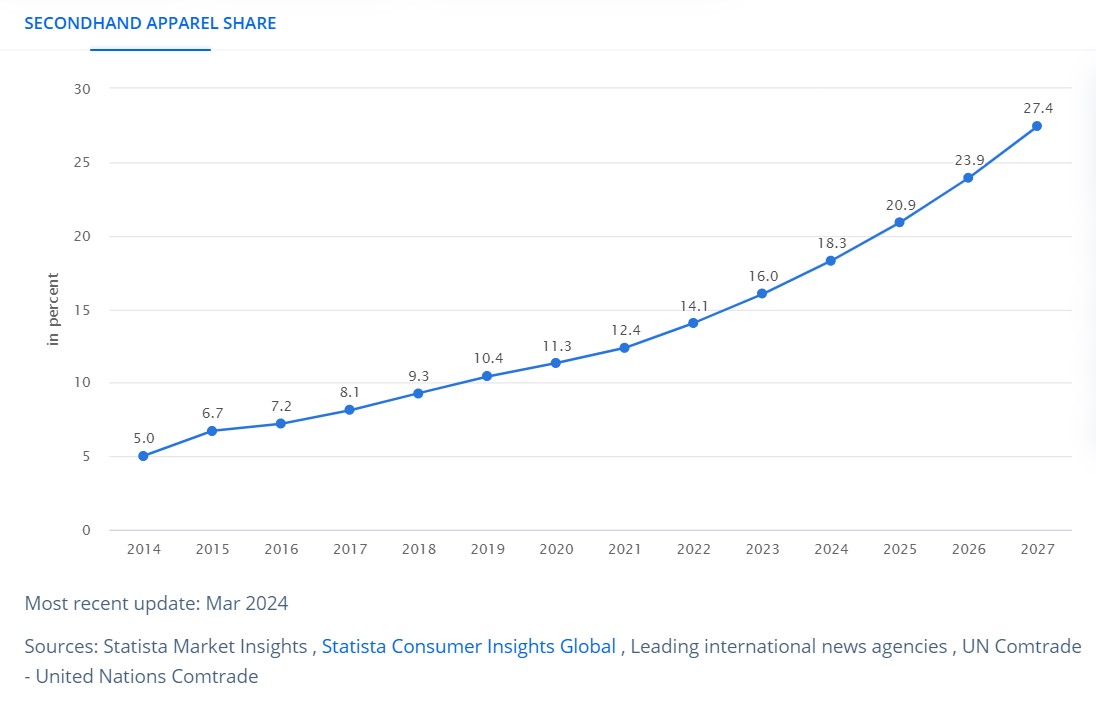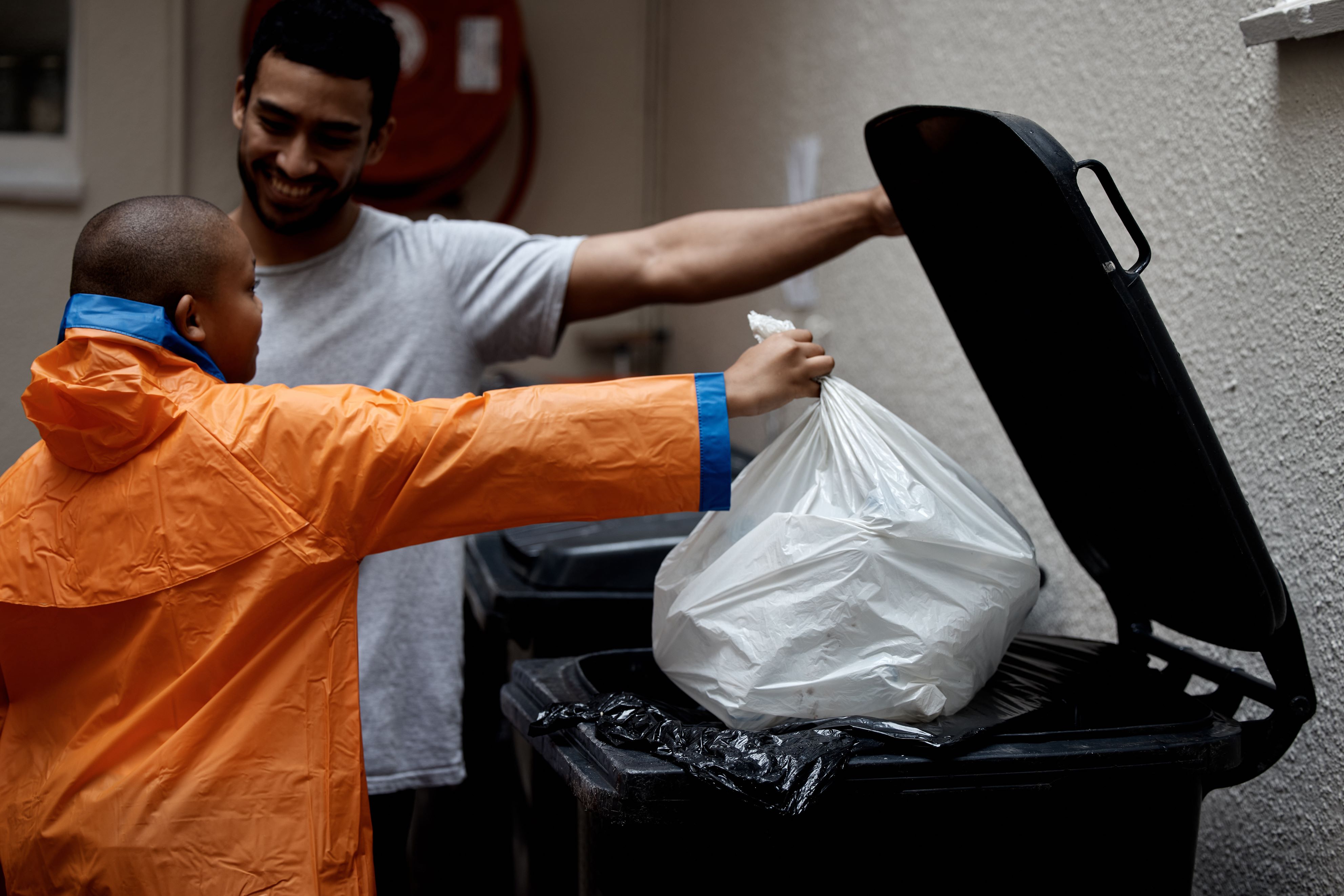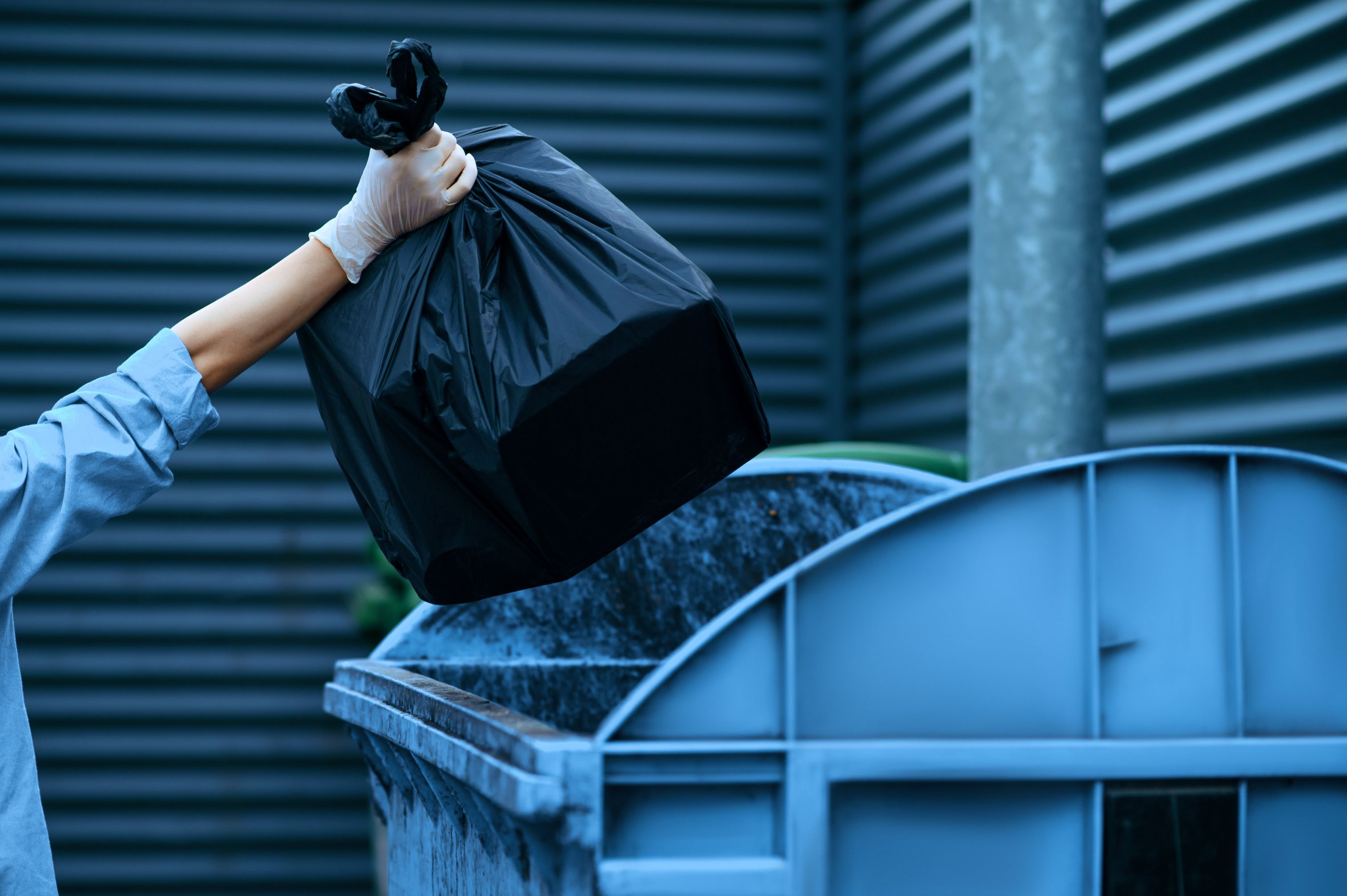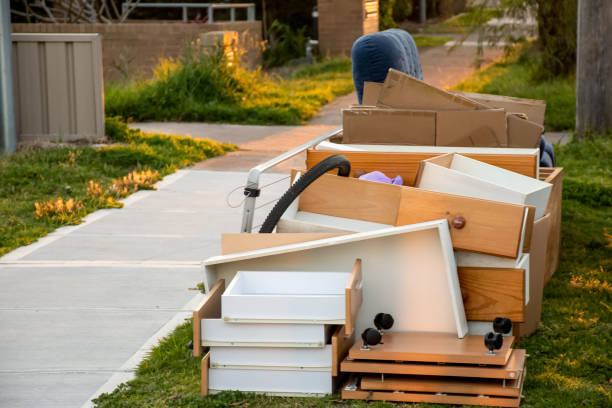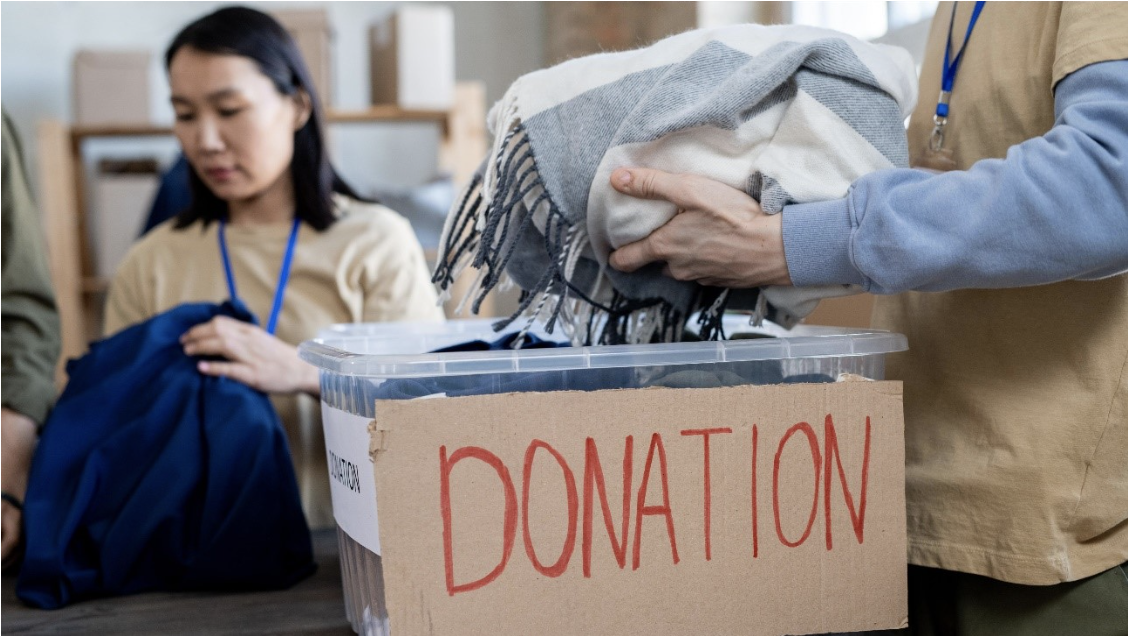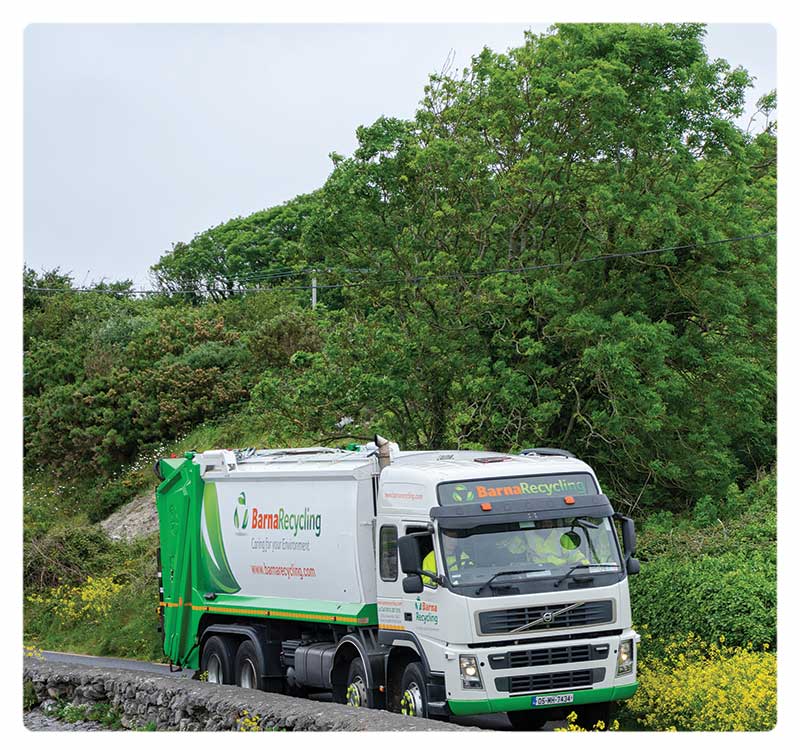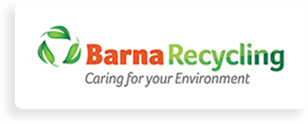- Barna Recycling
- Jul 18, 2024
Small, Simple Changes For An Eco-Friendly Bathroom
In a world that’s increasingly aware of its environmental impact, the concept of an eco-friendly bathroom has gained substantial traction. When it comes to creating an eco-friendlier space, we find that bathroom waste often gets overlooked. On the daily, however, we all use toiletries, personal care items and bathroom cleaners, which means our bathroom is packed with recyclables!
If you take a minute to examine your personal care, beauty, and general hygiene routine, you might be surprised to find that often there is more waste in your bathroom than anywhere else in the house. From shampoo bottles, shower gels, soap packaging, disposable razors to bathroom cleaners and toilet rolls, the list is endless.
It is extremely important that you know how and where to dispose of your bathroom waste correctly. Below we have outlined some practical tips and techniques for maintaining a low-waste, eco-friendly bathroom and reducing household waste disposal.
Clearing Chaos: Declutter for an Eco-Friendly Bathroom
Firstly, I am sure you will agree with us when we say: ‘fewer bathroom products, less waste produced’. Reducing bathroom waste is a great place to start when it comes to building an eco-friendly bathroom. We invite you to practise two sustainable habits:
- Frequently dedicate time to reorganise and rearrange all your cosmetics, toiletries, and personal care items. This will enable you to identify exactly what you need, what you use regularly, how often such items require replacement or replenishment.
- Dispose of bathroom items that you do no longer need and those that have expired. We are all guilty (from time to time) of leaving bathroom cleaner products and toiletries in the bathroom, untouched for weeks and months, even when they no longer serve us a purpose.
Craft Your Eco-Friendly Bathroom By Making Conscious Choices
Many cosmetics, toiletries, and even toothpaste tubes often come with excessive plastic packaging and cardboard boxes, including those that claim they are eco-friendly products. Try to avoid purchasing these heavily-packaged products if you wish to create a planet-friendly bathroom and reduce your household waste disposal. Instead, we advise you to:
- Opt for products that come with sustainable, biodegradable, or compostable packaging materials, corrugated bubble wrap, biodegradable foam beads and more.
- When bathroom products are packaged in reusable boxes or bubble wrap, it is always eco-friendly to find a new purpose (a new use) for such bathroom packaging where possible.
Use Biodegradable Products
-
- Think ‘biodegradable’ – Looking to reduce your plastic disposal? Instead of tossing out used plastic combs or brushes, make the switch to a biodegradable bamboo or wooden toothbrush/hairbrushes. Wooden and bamboo care products have become stylish and trendy in 2024, and these all-natural, biodegradable products retail in most shops.
- Ditch the plastics – Switch to using soap bars and shampoo bars to eliminate the use of plastic bottles completely, dramatically reducing household waste disposal of plastic. Ditching the plastics will also save you money in the long term, as these eco-friendly sanitary bars are cheaper than the liquid soap, shampoos and shower gels that come in non-recyclable plastic pumps.
- Rinse & repeat – When it comes to makeup removal or skincare application, cotton pads are being used and discarded after single use. Rather than using numerous cotton pads, switch to using washable cotton which can be cleaned with your regular laundry and restored to its fresh form. It’s great to see several make-up brands in the cosmetics industry (including multinational Boots) now rewarding their customers for recycling used beauty and hygiene products.
- Go organic – To play your eco-friendly part when washing your hands, seek organic, palm oil-free soaps. These soaps come in compostable packaging, are made from 100% natural ingredients. This means they have no link to animal cruelty as they do not undergo animal testing, a thought you will be proud to bear each time you go to wash your hands.
Transform with Recycling
Are you looking for smart ways to have an eco-friendly bathroom and reduce household waste? The good news is that a LOT of your bathroom waste items are recyclable, even though only 50% of us are actually recycling them according to Hubbub (2023). Here is a list of some common bathroom products that can (and should) be recycled:
- Shampoo, conditioner & shower gel bottles
- Toilet roll tubes
- Hand soap bottles (reuse or remove the pump dispenser as you cannot recycle it)
- Cardboard boxes, e.g., toothpaste or soap boxes
- Bathroom cleaner and bleach bottles
- Deodorant lids
Note: Items like nappies, toilet rolls, wipes, and cotton wool CANNOT be recycled and should be disposed of in the general waste bin (black Barna bin).
All items being recycled must be clean, dry, and loose. Be sure to rinse out any bottles and containers before putting them in the recycling bin. Check out What Goes in My Blue Bin if you are unsure about what items that you can recycle.
Go Green With Barna Recycling
Barna Recycling is Connacht’s leading provider of waste management services, providing a professional, reliable and environmentally friendly service. Not yet a customer? Join today and enjoy the peace of mind that we will recycle what you throw away, lowering the costs to our customers and also to our shared environment.
Learn more about our contract options and sign up today.

